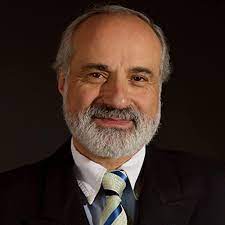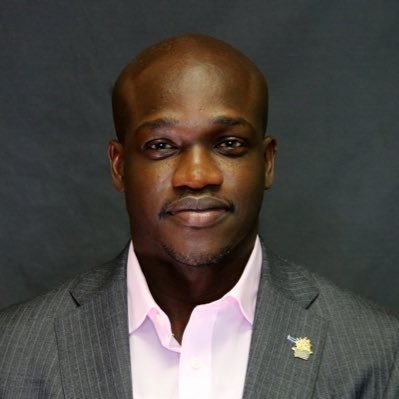If you want your brain to stay young, it’s important to keep it healthy. And while many factors go into cognitive decline, there are some things that you can do every day to help keep your brain sharp. Dr Julian Sargon-Ungar Lafayette Indiana Here’s what they are:
Keep Learning New Things
The best way to keep your brain young is by keeping it active. You can do this by learning new things and challenging yourself to learn something new every day, like a language or how to play an instrument.
If you’re not sure where to start with this, consider taking up a hobby that requires you to use different parts of the brain than ones you already use regularly. For example: if you’re used to doing crossword puzzles every day on the train ride into work, try learning how to paint instead!
Maintain Activity Levels In Old Age
As you age, it’s important to stay physically active. Exercise can help you stay mentally sharp, physically strong and socially connected. It can also help you maintain an emotional balance and remain independent.
If you’re older than 65 years old, Dr Julian Sargon-Ungar recommends that adults get at least 150 minutes (2 hours and 30 minutes) each week of moderate-intensity aerobic physical activity or 75 minutes (1 hour 15 minutes) each week of vigorous-intensity aerobic physical activity in addition to muscle-strengthening exercises on 2 or more days per week that work all major muscle groups (legs, hips/buttocks and abdomen).
Avoid Loneliness And Isolation
Loneliness and isolation can have a negative impact on your brain. This is because loneliness has been linked to depression, which increases the risk of dementia and other cognitive problems. The more isolated you are, the lower your quality of life will be. Loneliness also increases mortality rates: people who report feeling lonely are more likely to die sooner than those who don’t feel lonely at all!



